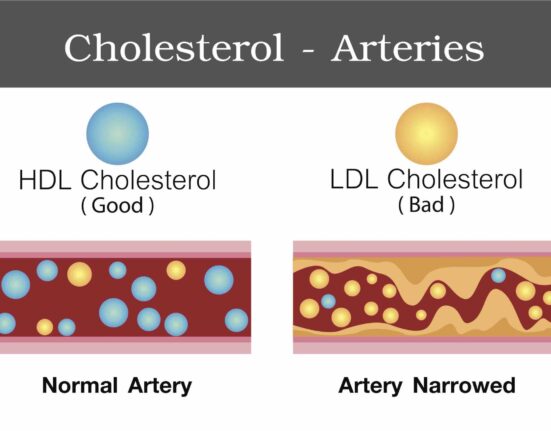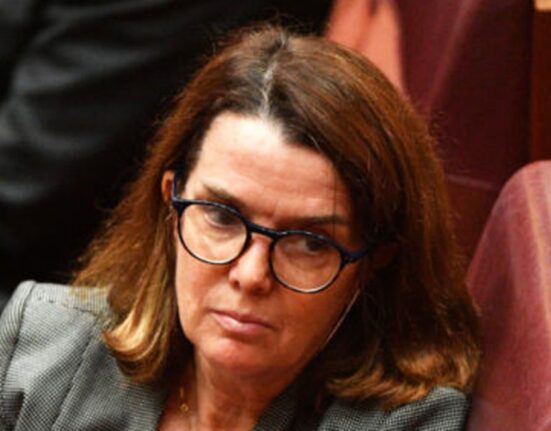Psychiatry registrar Dr. James Leeder faces the harsh realities of NSW’s mental health system. The challenges are immense, from witnessing acts of self-harm to dealing with individuals in psychosis or under substance influence. It’s a tough yet fulfilling job driven by a desire to assist those in need.
In recent times, the mental health system in New South Wales has been facing a crisis characterized by an alarming number of vacant psychiatrist positions. This shortage places immense pressure on existing staff who find themselves caring for double the expected patient load. Dr. Leeder emphasizes the concept of
“moral injury,”
where healthcare providers are unable to deliver optimal care due to systemic limitations, leading to emotional distress and compromised standards.
The Australian Salaried Medical Officers’ Federation (Asmof) has been at the forefront of advocating for change within the mental health service. More than 200 psychiatrists have expressed their intention to resign as negotiations with the government have not yielded satisfactory outcomes. The main point of contention revolves around remuneration issues, with psychiatrists stressing that it is not just about personal pay but rather ensuring the sustainability and quality of mental healthcare services across NSW.
Dr. Tanya Ahmed underscores that those considering resignation are driven by a commitment to their profession rather than monetary concerns; however, competitive market forces necessitate fair compensation to attract and retain skilled professionals in public mental health sectors where demand far exceeds supply.
Despite proposals for efficiency trials without immediate financial incentives, many psychiatrists argue that further cuts or compromises are untenable given the current strained circumstances within the system. Dr. Rafe Pulley voices concerns over unrealistic expectations placed on healthcare providers and emphasizes that prioritizing patient welfare remains at the core of their decision-making process.
Dr. Alexei Narushevich sheds light on potential repercussions if psychiatrists follow through with their planned resignations, highlighting how emergency departments may become overwhelmed with mental health cases beyond their expertise or capacity to handle effectively.
As tensions escalate between healthcare professionals and governmental bodies, there is a plea for continued dialogue and collaboration to find mutually beneficial solutions before any irrevocable actions are taken. The looming threat of mass resignations serves as a stark reminder of the urgent need for systemic reforms and adequate support mechanisms within mental health services across New South Wales.
In conclusion, while financial considerations play a role in this ongoing struggle, it is ultimately about preserving the integrity and efficacy of mental health care provision for both patients and dedicated medical practitioners alike.









Leave feedback about this